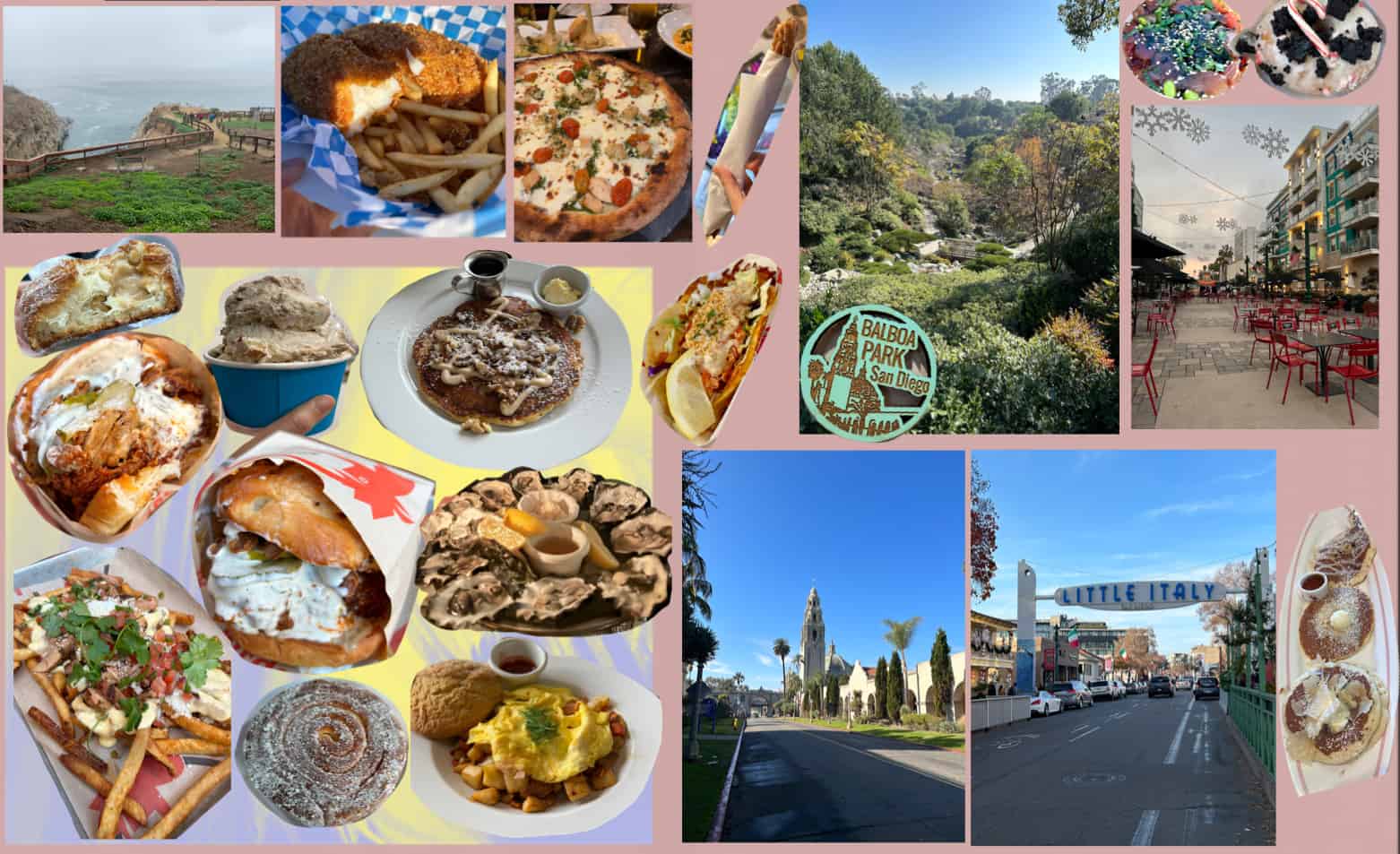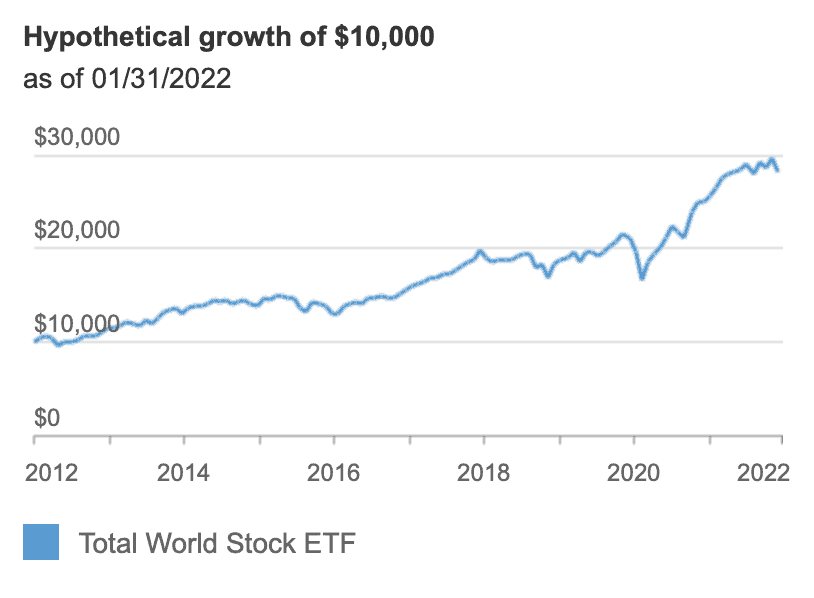Work shapes a third of our lives. If you’re unsure about how to genuinely feel […]
Summary: Psychological biases affect our thinking and decision-making, evading these errors in thinking will make us wiser.
Investing & Psychology
Psychology is a big part of the stock market investment. If well understood, it can help prevent financial setbacks. Investing decisions are linked to emotions (surprise!). Emotional factors, such as fear, uncertainty, personal bias, regret aversion and ego, play a more important role in investment decisions.
Here’s the ultimate guide to help us think clearly (Part 1). Hopefully, our intelligence will be sharpened after we avoid these psychological traps. Let’s counter the systematic errors in decision making.
Summary #1: Our attitude towards money is multi-faceted
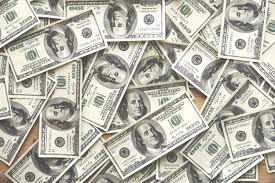
House-money effect: we treat money that we win, discover, or inherit more frivolously than hard-earned cash. Money and emotions are tied together - depending on how we get it, we treat it differently.
Summary #2: We’re often driven by emotions rather than common sense
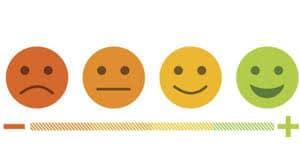
Fear of regret: The fear of regret can make us behave irrationally. To dodge the fear, we tend to act conservatively, so as not to deviate from the crowd too much.
‘LAST CHANCES’ MAKE US PANIC
Affect heuristic: we are puppets of our emotions. We make complex decisions by consulting our feelings instead of our thoughts. A rational approach would be to consider the risks and benefits independently.
We are slave to our emotions. We substitute ‘What do I think about this?’ to ‘How do I feel about this?
Contagion bias: we are incapable of ignoring the connection we feel to certain items, because the emotional reaction is difficult to override
Envy: we direct resentment toward those similar to us. The subject of envy is a thing (status, money, health etc.). The subject of jealousy is the behaviour of a third person. To curb envy, stop comparing yourself to others.
Summary #3: How not to part with time & money
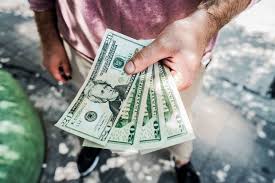
Liking bias: the more we like someone, the more we want to buy from or help that person.
Personification: we empathize more when the human aspect is visible.
Conjunction fallacy: we are easy prey to ‘plausible’ stories with convenient details. Be on a lookout for additional conditions.
Volunteer’s folly: volunteering our time is less efficient (we do the job less effectively) than contributing our earnings for the equivalent amount of time.
Forer effect/ Barnum effect: we tend to identify with positive traits in general descriptions, believing pseudosciences (eg: astrology) as a result.
Twaddle tendency: The more eloquent the haze of words, the more easily we fall for them. It's used to disguise intellectual laziness, stupidity, misunderstanding or underdeveloped ideas.
When used in conjunction with the authority bias it can be especially dangerous as we are willing to accept the words without questioning them.
Chauffeur knowledge – knowledge from people who have learnt the talk
Real knowledge is when people do the work. This is so important that Elon Musk tries to tease it out in interviews. Then we have the people who don’t do the work. While they’ve learned to put on a good show they lack understanding. The problem is that it’s difficult to separate the two.
Time magazine
Summary #4: We place a greater emphasis on the present than future

Hyperbolic discounting: We place huge value on immediacy – much more than is justifiable. Our desire for immediate consumption cause us to make inconsistent decisions. The more power we gain over our impulses, the better we can avoid this trap.
In my recent post, I touched upon how we can make better decisions and outsmart our bias.
Procrastination: the tendency to delay unpleasant but important acts.
Summary #5: Intuitive thinking draws conclusions long before the conscious mind does.

Simple logic: Quick, intuition answers come to mind first because it is less taxing. Intuitive people tend to scrutinise less.
Contrast effect: It's easier to make comparisons. Relative concept is further elaborated here.
"We judge something to be beautiful, expensive or large if we have something ugly, cheap or small in front of us. We have difficulty with absolute judgements"
Thank you for reading my post! Please feel free to connect with me and get updated posts on Facebook. Please click here for Referral deals.





